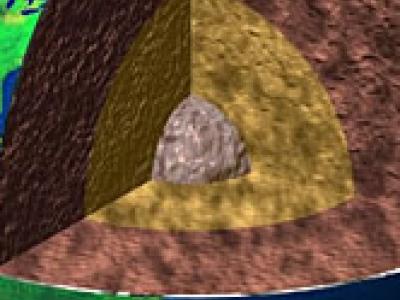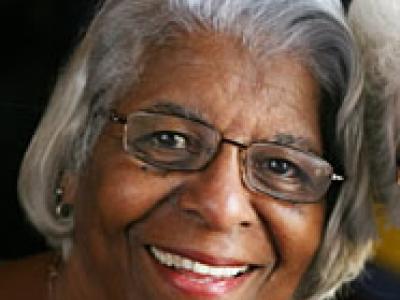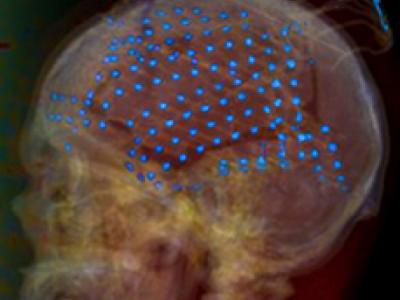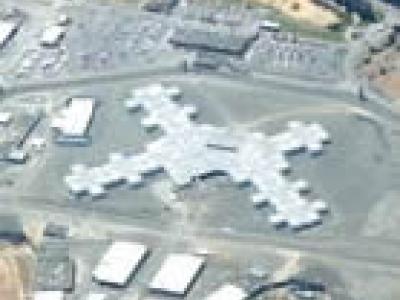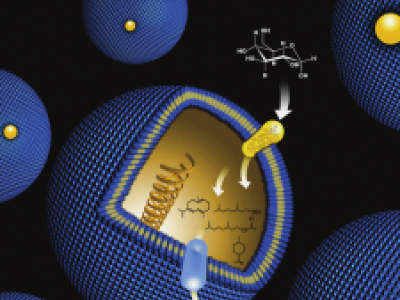2010 Livable Buildings Awards salute UCSF, Kavli projects
Kavli projects The top 2010 Livable Buildings Award from the University of California, Berkeley's Center for the Built Environment (CBE) goes to UC San Francisco for its transformation of the shell of a former manufacturing plant near UCSF's new Mission Bay research campus into environmentally and user friendly offices.


